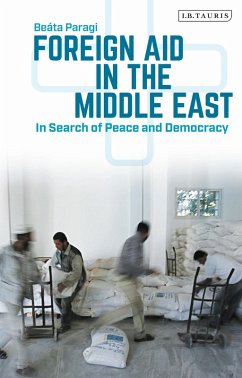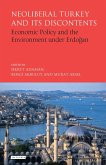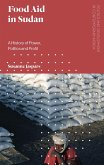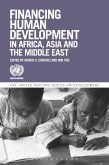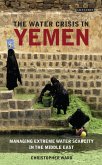What do we mean by 'gifts' in International Relations? Can foreign aid be conceptualized as a gift? Most foreign aid transactions are unilateral and financially unreciprocated, yet donors expect to benefit from them.Previous research dealing with foreign aid has analyzed the main donor motives and interests in providing financial support. This book offers an in-depth analysis of the invisible political or social 'exchange' taking place between recipient countries and donors when a grant agreement is signed.
Focusing on Egypt, Jordan, Palestine and Israel - the main beneficiaries of Western foreign aid - the book uses gift theories and theories of social exchange to show how international social bonds are shaped by foreign aid and in what ways recipient countries are obliged to return the 'gift' they receive. Foreign aid is a means of buying 'stability' or 'democracy' in the region but Beata Paragi is interested here to understand the actual feasibility of Western assistance. Looking at the context of the Arab Spring, the book examines how aid impacts on a recipient country's domestic political events such as war, the quest for self-determination, the struggle against occupation and the fight for dignity. An original contribution to Middle East Studies and International Relations, the research presents an alternative interpretation of foreign aid and show how external funds interact with local developments and realities.
Focusing on Egypt, Jordan, Palestine and Israel - the main beneficiaries of Western foreign aid - the book uses gift theories and theories of social exchange to show how international social bonds are shaped by foreign aid and in what ways recipient countries are obliged to return the 'gift' they receive. Foreign aid is a means of buying 'stability' or 'democracy' in the region but Beata Paragi is interested here to understand the actual feasibility of Western assistance. Looking at the context of the Arab Spring, the book examines how aid impacts on a recipient country's domestic political events such as war, the quest for self-determination, the struggle against occupation and the fight for dignity. An original contribution to Middle East Studies and International Relations, the research presents an alternative interpretation of foreign aid and show how external funds interact with local developments and realities.

